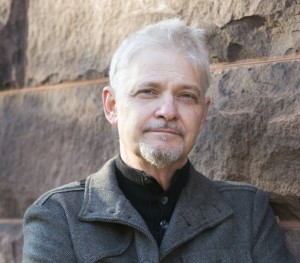
photo by Kim Schmidt, Princeton Seminary

photo by Kim Schmidt, Princeton Seminary
Cultural-Political Hermeneutics: Ideology, Text and Power
Incarnation and Incarcerated Bodies
The Liberation Theology of Gustavo Gutiérrez
Empire & Capital: Theological Considerations
Feminist and Womanist Theologies
Critical Race Theory As Theological Challenge
The “Introduction to Systematic Theology” Course
The Graduate Seminar - Methods in Religious and Theological Studies